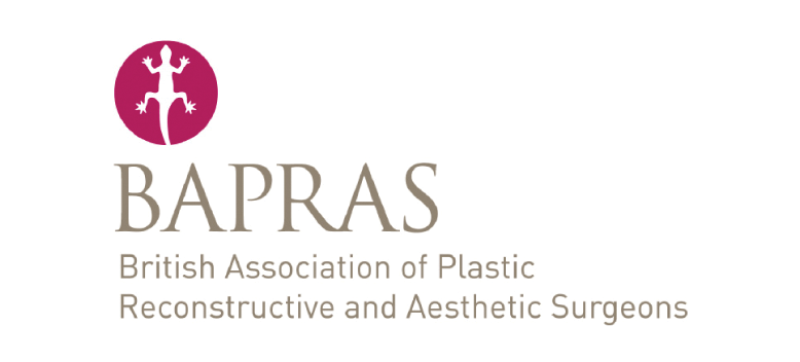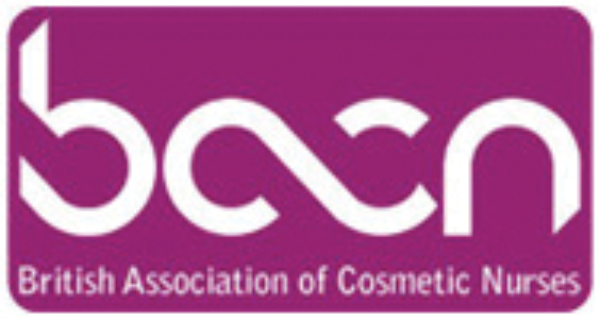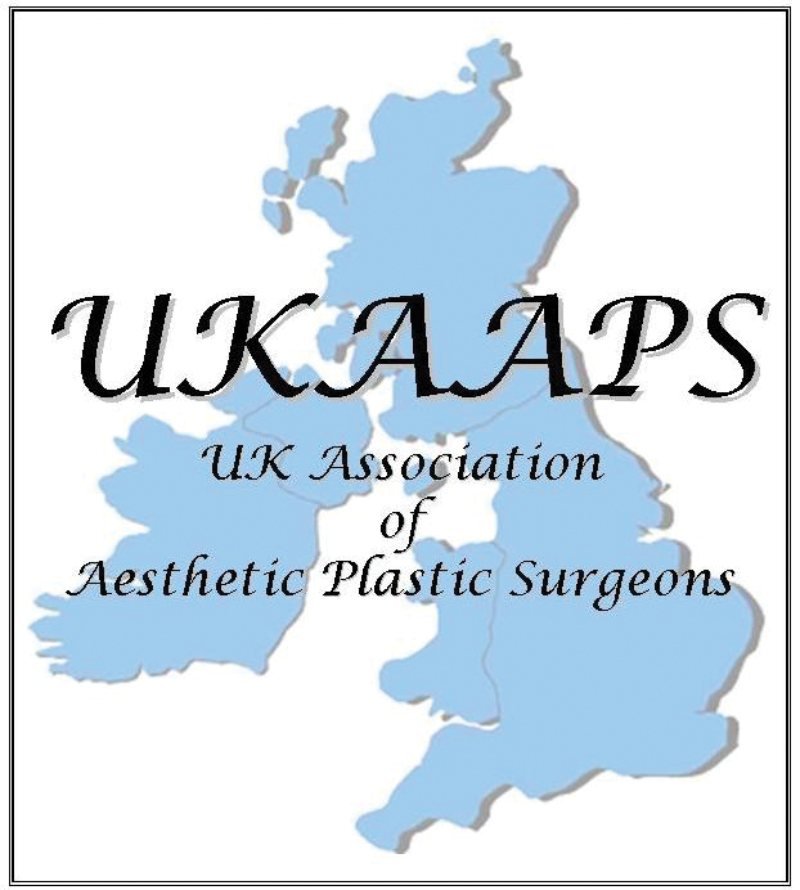On 13 February 2014 the UK Government published its response to the Keogh Review of the regulation of cosmetic interventions (https://www.gov.uk/government/publications/regulation-of-cosmetic-interventions-government-response). This response has been much anticipated by the fields of plastic surgery and aesthetic medicine and inevitably has provoked debate across the country. PMFA News serves as a platform for the opinions of everyone involved in the field and would like to invite readers to get in touch by emailing diana@pinpoint-scotland.com with their personal and professional comments on the government’s response. We are delighted to be able to feature the official reactions of some of the major UK societies below.
British Association of Plastic, Reconstructive and Aesthetic Surgeons
Tim Goodacre, Chair of Professional Standards for the British Association of Plastic, Reconstructive and Aesthetic Surgeons (BAPRAS), said: “The public has been waiting for a long time to see what the government will do to improve standards and ensure better protection. Whilst there are firm recommendations around medical devices and confirmation that only doctors on the specialist register should perform cosmetic surgery, it is wrong that vulnerable patients could suffer from a two tier system created by voluntary registration of practitioners and there is still work to do to ensure that bad practices are abolished.
“Whilst it is gratifying to see the Government endorse many of the findings of Sir Bruce Keogh’s report, we had really been hoping for more action, rather than endorsement. Unless we have clear decisive action targeting bad practice, with the full force of the law against those that fail to adhere to these higher standards, then it will allow irresponsible and often dangerous practices to continue, to the detriment of patient safety.
“We are very pleased that it is recommended that only doctors on a specialist register should perform cosmetic surgery and they should work within the scope of their specialty training. This is something we have always recommended to ensure patients are getting the most appropriate professional care.
“The government has said that a new code of practice for advertising standards should be created. We are pleased to see this code is recommended to include targeting socially irresponsible practices such as time limited deals and financial incentives. We hope that the code that is developed is fully supported and enforced to ensure that vulnerable people and particularly those under the age of 18 are better protected. We would also like to see some more explicit warnings on all advertising, outlining the potential risks of cosmetic procedures.
“We are concerned that a national register of non-surgical cosmetic practitioners will be voluntary, as this could result in creating a two tier health system where those that sign up and demonstrate best practice are forced to charge higher prices than those that don’t and who consequently attract people looking for cheap deals. Together with the British Association of Dermatologists and the British Association of Aesthetic Plastic Surgeons, we wrote to health minister Dan Poulter in December 2013 to outline the need for this register to be mandatory and we are deeply disappointed that this has been ignored.
“We are delighted to hear the recommendation that all injectable materials should be made prescription only medical devices. We must have the legislation follow swiftly though to make this a reality.
“We support Health Education England as they continue to develop new standards for training regulation for anyone practicing cosmetic non- surgical interventions. We need an informed and empowered public who are able to make active choices.”
Accessed from http://www.bapras.org.uk/media-government/media-resources/press-releases/bapras-responds-to-the-government's-response-to-the-review-of-regulation-of-cosmetic-interventions and reproduced with kind permission of BAPRAS.
Visit www.bapras.org.uk for further information.

The British Association of Cosmetic Nurses
The British Association of Cosmetic Nurses (BACN) welcomes the Government intervention into the non-surgical cosmetic industry. We note that the Government has demonstrated its commitment through its willingness to propose new legislation and agree that the emphasis on education is crucial. The BACN are fully engaged in informing this process through Health Education England (HEE). We will continue with our commitment to help ensure a positive outcome.
We understand that there may be concern that this report does not go far enough to regulate an industry in need. However, the BACN recognises the opportunities which remain open. We are hopeful that HEE, and the equivalent UK bodies outside England, will be able to make recommendations which will close this gap. A framework of education and training with defined minimum standards and oversight from the professional bodies, has the potential to make a real difference to patient safety. Where this is supported by legislation, the BACN would welcome it wholeheartedly. Accessed from http://britainsnurses.co.uk/news/news-stand/bacn-response-to-government- response-to-cosmetic-regulations-review and reproduced with kind permission of BACN.
Visit www.cosmeticnurses.org for further information.

British Association of Aesthetic Plastic Surgeons
The British Association of Aesthetic Plastic Surgeons (BAAPS) condemns the lack of action by the Department of Health despite the recommendations resulting from Sir Bruce Keogh's recent review into the sector. The BAAPS, which represents the vast majority of NHS plastic surgeons in private practice, fear it’s ‘business as usual’ in an arena known as the ‘Wild West’.
Despite the BAAPS campaigning over the last decade for the Government to pass legislation to keep Britons safe from untested procedures and unqualified practitioners, the announcement in February reveals that very little regulation is being implemented, in real terms.
According to consultant plastic surgeon and BAAPS President Rajiv Grover: “Frankly, we are no less than appalled at the lack of action taken – this review, not the first one conducted into the sector, represents yet another thoroughly wasted opportunity to ensure patient safety. With all the evidence provided by the clinical community, choosing not to reclassify fillers as medicines with immediate effect or setting up any kind of compulsory register beggars belief. Legislators have clearly been paying only lip service to the sector's dire warnings that dermal fillers are a crisis waiting to happen. Most shockingly of all, the fact that there is no requirement for the actual surgeon involved to obtain consent for the procedure makes a mockery of the entire process. It's business as usual in the Wild West and the message from the Government is clear: roll up and feel free to have a stab.”
A recent survey (http://baaps.org.uk/about-us/press-releases/1500-two-out-of-three- surgeons-seeing-botched-filler-ops) by the BAAPS revealed that as many as two out of three surgeons were seeing patients presenting with facial injectable ('dermal filler') complications. Nearly nine out of ten of those with permanent fillers required corrective surgery or were inoperable. Accessed from http://baaps.org.uk/about-us/press-releases/1853-government-initiatives-don-t-cut-it-say-surgeons and reproduced with kind permission of the BAAPS.
Visit www.baaps.org.uk for further information.

UKAAPS
Since its formation in 2010, the UK Association of Aesthetic Plastic Surgeons (UKAAPS) has stated that plastic surgeons or surgeons performing plastic surgery should have evidence of hands-on skills training in cosmetic surgery. The specialist register is not a good tool for the public to identify safe practice. The main problem is that cosmetic / aesthetic surgery is not recognised as a super-specialty and therefore there is no standardised and recognised qualification that the public can relate to when trying to choose a surgeon. Often the decision to proceed to surgery is price sensitive and the carrot to tempt the patient is the glossy website. There are lots of sneaky ways to falsely advertise cosmetic surgery all of which will escape regulatory imposition.
The proposed UK breast implant registry is based on a fragile, unfunded and non-validated Australian questionnaire. Although funding in the UK is agreed there are many obstacles to overcome if the fate of the first breast implant registry used in the 1980 and 1990s isn't to repeat itself. It is not established for instance who holds or has access to data and even what content is needed! Forget the PIP scandal – a registry wouldn't have spotted it. The Food and Drug Administration (FDA) knew that it was a problem and refused its access into the USA market. The FDA don’t have a register. Why didn't the Medicines and Healthcare Products Regulatory Agency (MHRA) and CE markers respond to the information fed to then by responsible plastic surgeons in the first place? Perhaps they need more supervision and more professional relevant advisors?
Insurance for cosmetic surgery is common sense. Why should the NHS pick up the pieces? This has always been supported by UKAAPS but it seems to have been forgotten by the Government’s response.
Regulation of invasive fillers by non-medical or even, in the opinion of UKAAPS, by many medical practitioners, should of course be controlled. This is a huge ‘VAT'able’ industry so why should we expect the Government to act like turkey's voting for Christmas?! Patient safety should be the primary concern to all of us.
Professor James Frame, President of UKAAPS.




